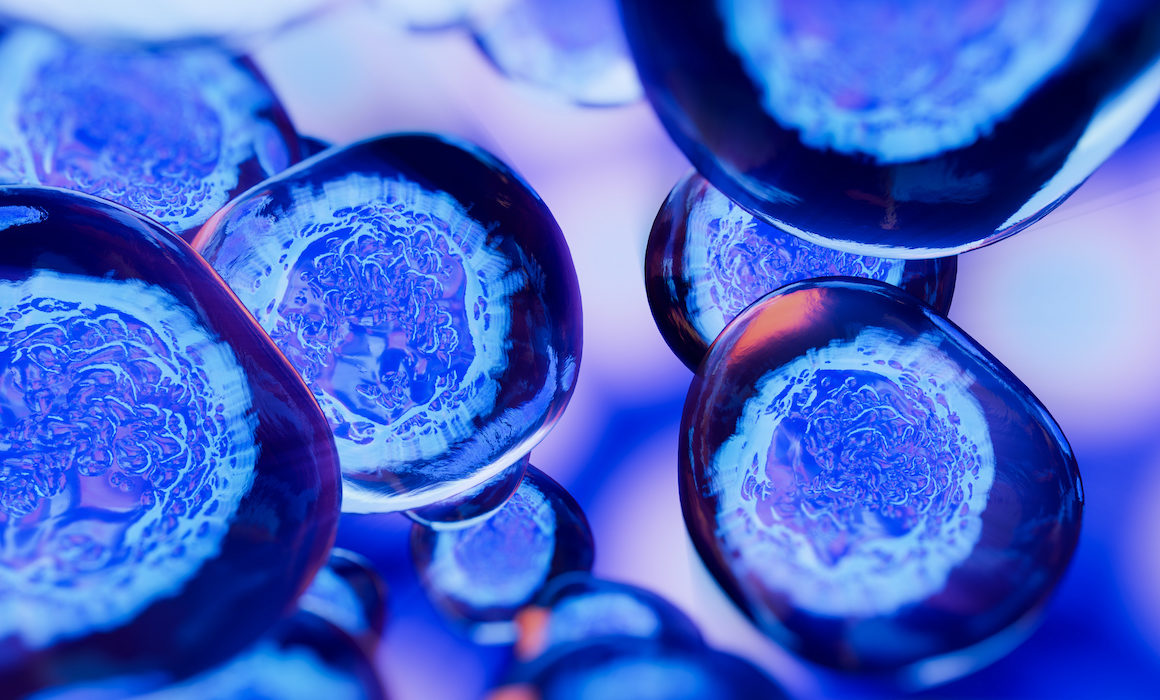The Israeli company Bonus BioGroup, co-founded by Technion alumnus Shai Meretzki, has been given the green light to expand use of its innovative COVID treatment after severely ill patients showed dramatic results earlier this year. Dr. Meretzki earned dual bachelor’s degrees from the Technion in 1996 in both chemical engineering and biology, and his master’s and Ph.D. degrees — also from the Technion — in biotechnology in 1999 and 2002, respectively.
Just one day after taking their last dose of Bonus Biogroup’s MesenCure, 10 patients were well enough to be released from Israel’s Rambam Hospital. Chest x-rays showed a drop in the patients’ lung inflammation from 55% before treatment to 15%. One month later, lung inflammation fell to a negligible 1% with blood oxygen saturation increasing to 95%.
Now, the Israeli Ministry of Health has given approval for any Israeli hospital to take part in MesenCure’s Phase II clinical trial, and to use the drug for additional approved patients. The expanded trial is aimed at proving the safety and efficacy of the drug and will include a minimum of 50 patients.
Since founding Bonus BioGroup in 2008, Dr. Meretzki has been experimenting with mesenchymal stem cells (MSC), which are thought to play a role in tissue regeneration and control of inflammation. The company is already developing BonoFill TM, an injectable tissue-engineered bone graft aimed at repairing oral and jaw bone deficiencies. With MesenCure, Dr. Meretzki developed a method of isolating the stem cells from healthy fat tissue and enhancing their immunomodulatory capabilities to alleviate the most life-threatening respiratory symptoms prevalent in severe COVID-19 pneumonia. Previous to launching Bonus BioGroup, he founded and led Pluristem Therapeutics, a regenerative medical company focused on developing placenta-cell based therapies.
“So far, the results of the treatment with the drug MesenCure are extremely impressive and an improvement over the results of other treatments,” said Dr. Shadi Hamoud, principal investigator in the clinical trial and deputy director of the Department of Internal Medicine at Rambam. Prior to treatment, “these patients’ prognosis was poor, with low chances of recovery and survival.”


